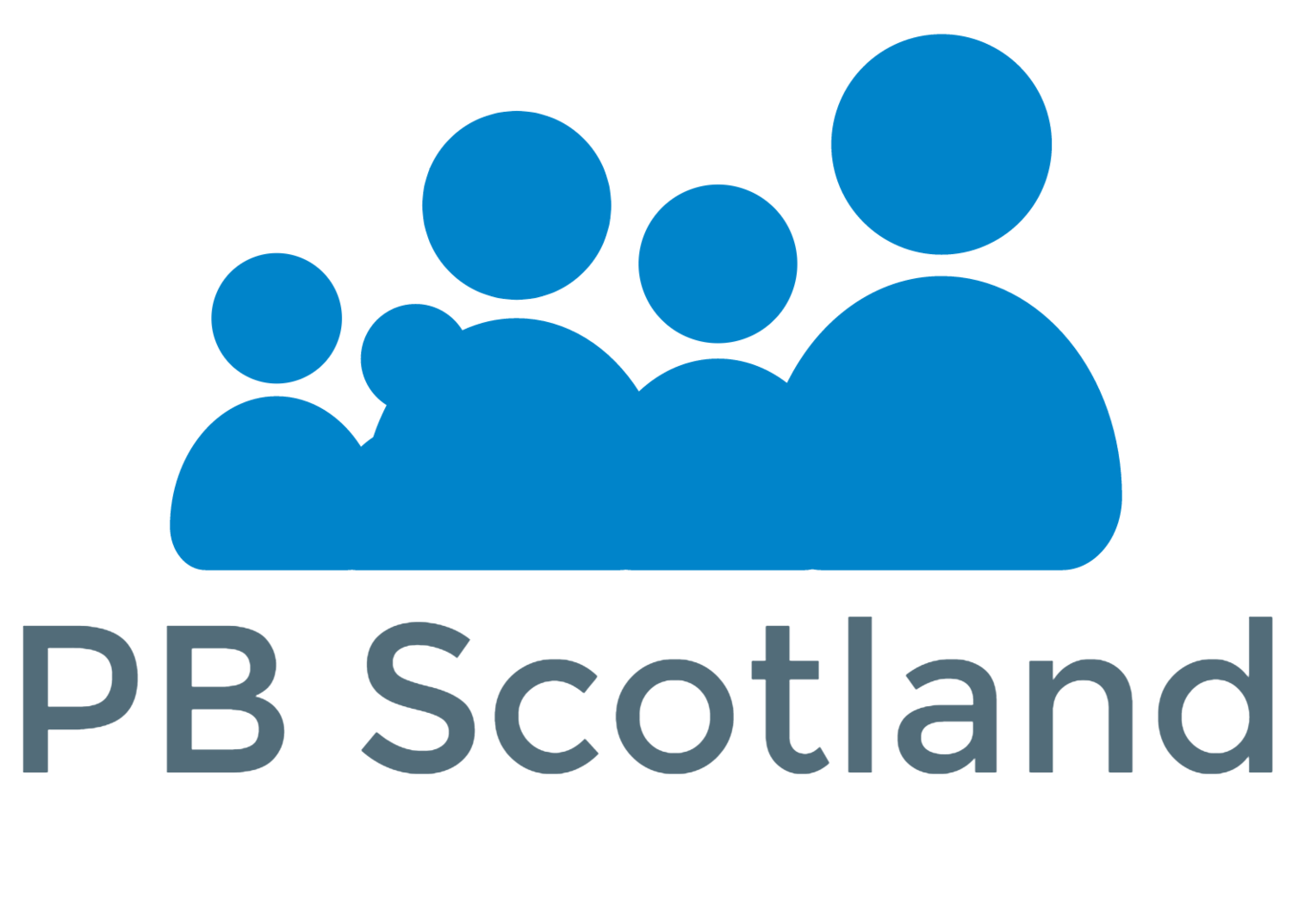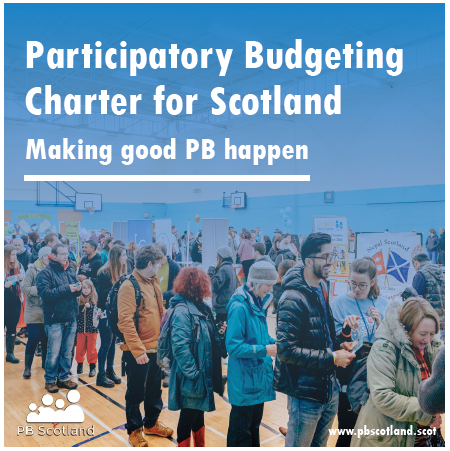Key Learning from award-winning Durham City USA PB
/Durham City (USA) was Awarded ‘Best Practice in Citizen Participation’ by the International Observatory on Participatory Democracy (IOPD) for their PB process which engaged residents in a democratic process which engages residents on how to spend a portion of the city’s budget. The PB process included over 500 project proposals and over 10,000 resident voting in their first ever attempt at PB.
Projects were evaluated and scored based upon equity, impact and feasibility. There was diverse resident participation in the PB process including city workers, volunteers, community groups and residents.
The PB process was designed to target inequities for certain underserved residents, groups and communities. The PB Steering Committee set out the goal it wanted their PB process to achieve, these were;
The most marginalized communities will see projects that they select implemented as a result of this process.
Build greater equity throughout the City of Durham by allocating resources in ways that correct past harm.
Engage more diverse populations in making decisions about how resources are used.
Increase overall engagement in decision making in the city of Durham.
The engagement strategy involved identifying underserved communities based upon median income and racial makeup. The innovative aspect to this approach was to “meet people where they are”. This approach was extremely important when speaking with these people regarding the needs in their communities. PB staff worked closely with DataWorks, City of Durham independent data provider, to use data to assist with targeting underserved communities. ‘Heat’ maps were critical in identifying these underserved neighbourhoods and ensuring that these individuals had a voice in the process. PB Durham used several technological platforms; however, the innovation was using data and meeting people where they were.
There are several winning projects that are being implemented or have been implemented such as:
Providing funding for Science, Technology, Engineering, and Math (STEM) programming for underserved kids in Wards 1 and 3.
Approximately 1,500 trees were planted in underserved neighborhoods in Ward 1.
Bus stops have been installed in marginalized communities in Ward 2
Approximately $100,000 worth of funding towards expanding mental health services for Hispanic population in Durham
Congratulations Durham City from your colleagues in Scotland. For more information about the process go to: https://www.pbdurham.org/






